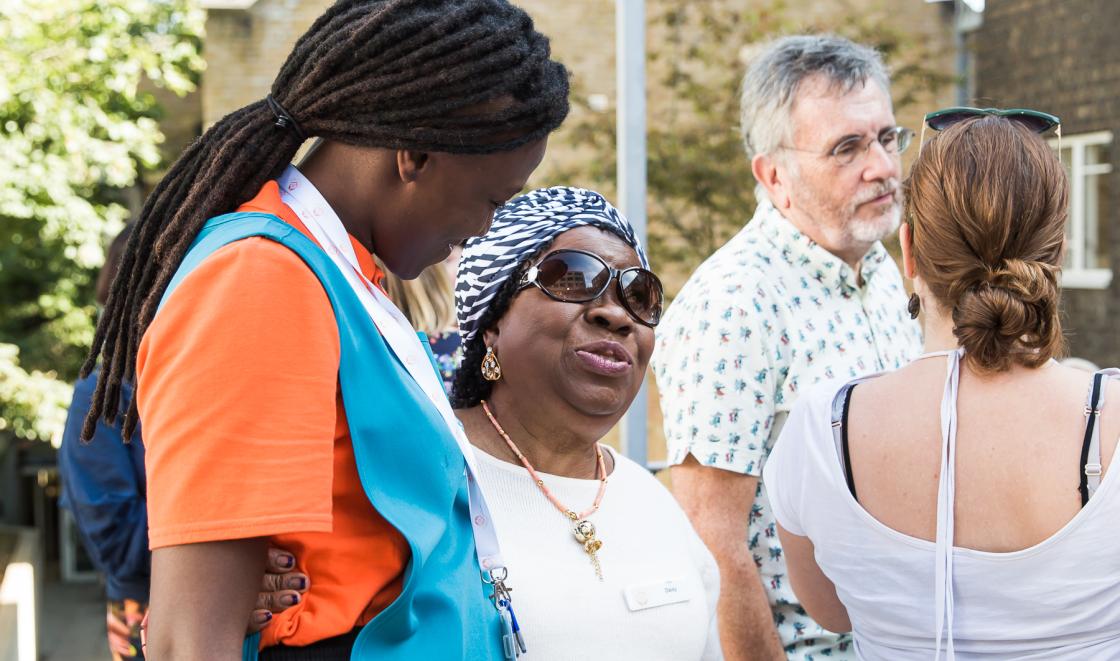How the research will be carried out
This project consists of two phases:
Phase one involves a review of work conducted by specialist social work research groups, as well as, work conducted across the ARCs and other NIHR funded bodies. This will give insight into which priority questions have been addressed (in part or in full). The review will search for references to the JLA recommendations.
Phase two will include further detailed research through semi-structured, informal telephone/video call interviews with researchers/stakeholders, and where possible, those involved in the original JLA report. These will explore how and if the interviewee has engaged with the report, to what extent they feel the report has been useful for social work research, and future priorities for social work research. The interviews will also be an opportunity to continue building up the portfolio of research that has addressed questions set out in the JLA review.
A report will be produced combining the findings of these two phases, highlighting which questions remain unanswered, and setting priorities for future research. The JLA report and subsequent engagement will also be reviewed in terms of utility for researchers, and suggestions will be made drawing on analysis of interviewee observations. This report will be disseminated to inform the direction of future research priorities.
How this research is meeting the needs of people living in south London
There are many people living in south London’s diverse communiites that receive care and support from social workers employed by local authorities, the NHS and some third sector organisations. South London also contains five social work training programmes. Social work practitioners, managers and educationalists will benefit from evidence about ongoing and completed research to improve outcomes for service users and carers. Many users of social work services have multiple long-term conditions and are among the most socially disadvantaged and excluded members of south London communities.
Potential benefits of the study
- Identifying progress made in social work research since 2018 JLA review
- Establishing future priorities
- Enabling researchers to avoid over-saturation of certain social work topics
- Enabling researchers to focus on neglected areas of social work research
- Providing comments and advice for future JLA (or similar) reviews of social work.
Our collaborators
Collaborators will include stakeholders including ARCs, JLA representatives, British Association of Social Workers, Chief Social Worker at the Department of Health and Social Care, service user and carer groups, as well as interviewees.
Our findings
Read the full report, 'Did it make a difference? Uses of the James Lind Alliance Adult Social Work research priorities partnership report
Read the lay summary.
The study was adopted by ARC South London in June 2021 it was completed in September 2021. It was funded by the NIHR National Priority Network on Social Care and Social Work.

